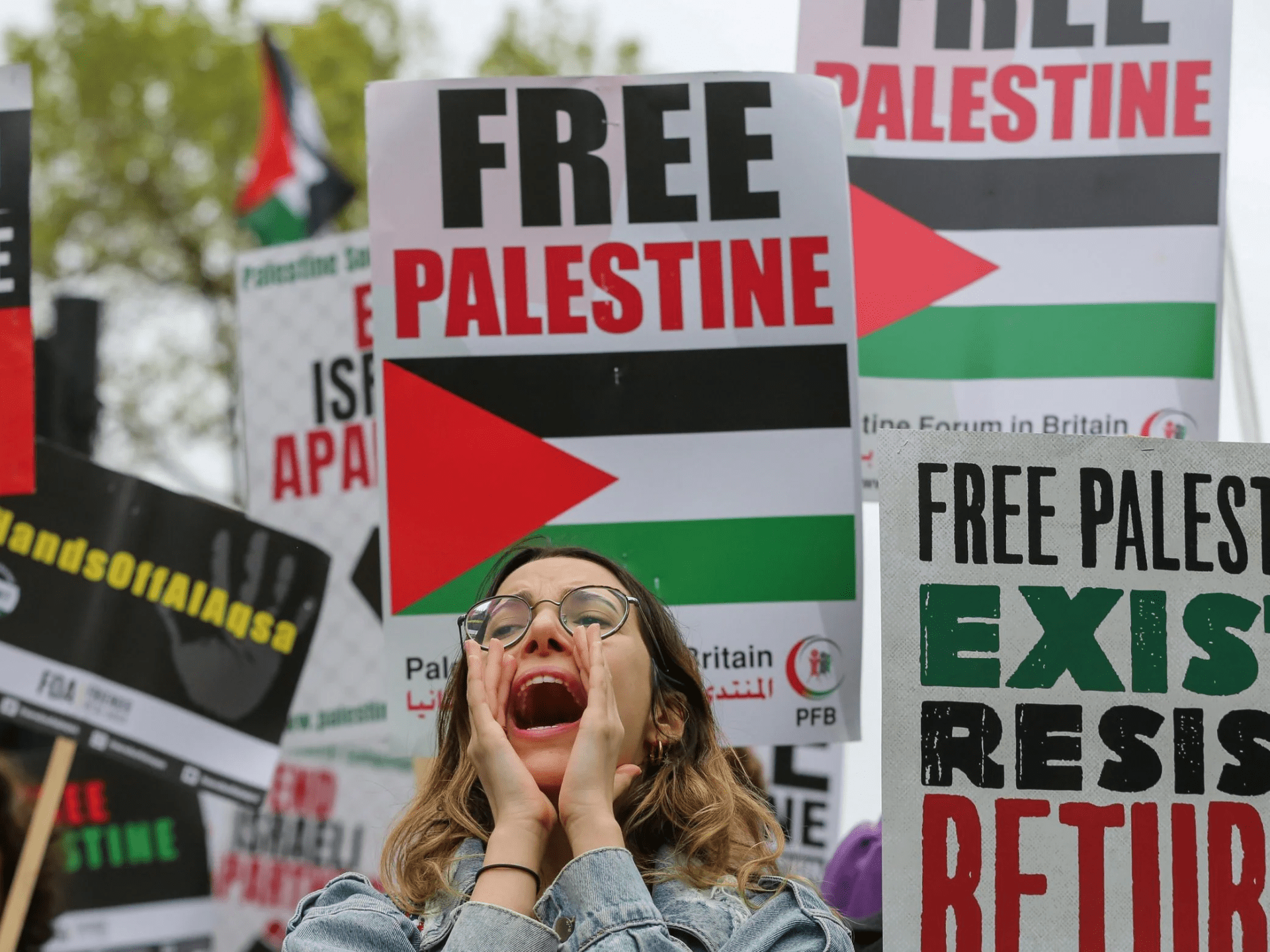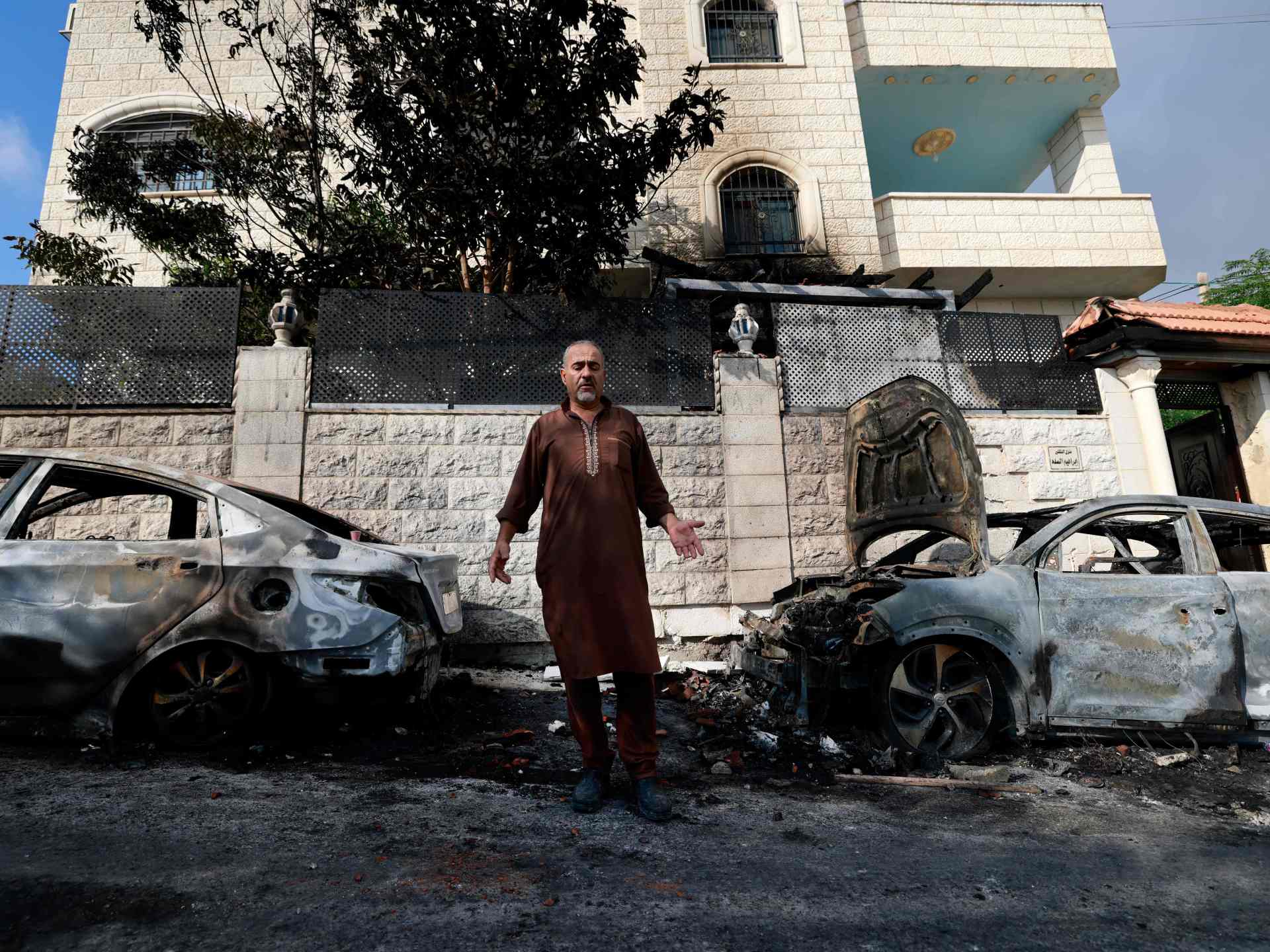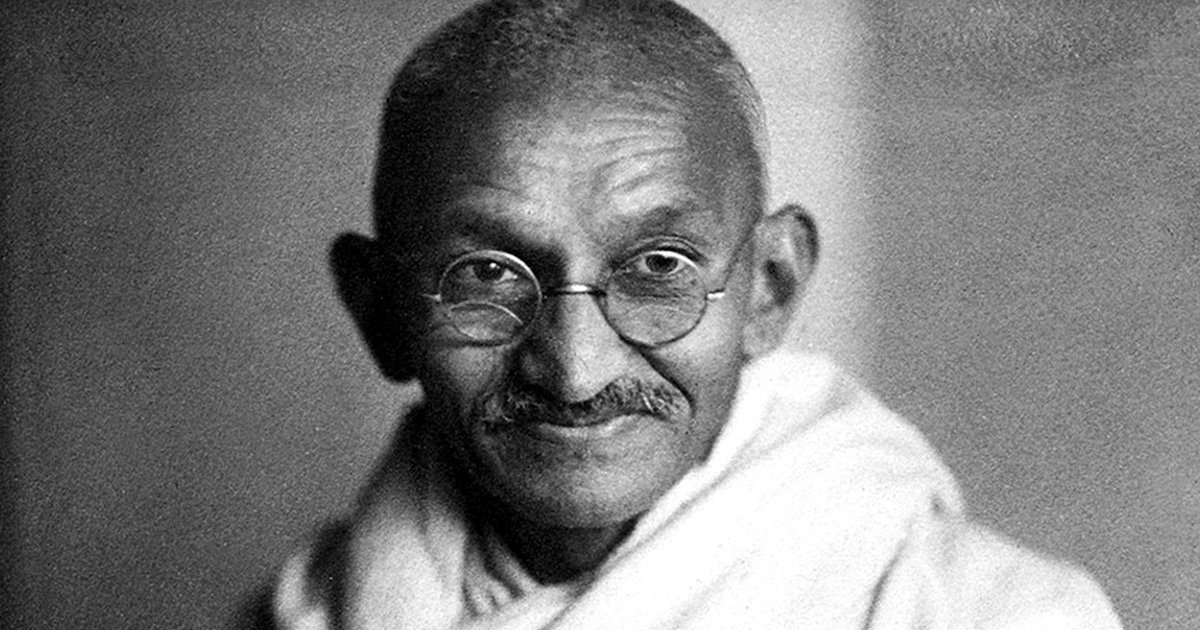Israel: The Palestine Sixty Years of Violence
A Comprehensive Analysis of a Controversial Film
The film “Israel: Palestine Sixty Years of Violence” by director Mathieu Schwartz presents a chronological overview of the major events in the Israeli-Palestinian conflict. It begins with the 1948 Nakba, the establishment of the State of Israel on Palestinian land, and continues through decades of violence and animosity, often juxtaposing Israeli and Palestinian perspectives.
The film’s objective tone and focus on historical events make it a valuable resource for understanding the conflict. However, a deeper analysis of the film reveals a number of shortcomings and biases that warrant further examination.
Selective Historical Narrative
One of the main criticisms of the film is its selective and somewhat distorted presentation of history. While it accurately depicts the displacement and suffering of Palestinians in 1948, it fails to provide sufficient context for the events leading up to the establishment of Israel and the subsequent conflict.
The film suggests that the violence began abruptly in 1948, without acknowledging the decades of British colonial rule, Jewish immigration, and land purchases that preceded it. This narrative implies that the Palestinians were solely responsible for the conflict, overlooking the role of external factors in shaping the region’s history.
Lack of Critical Analysis
Another significant issue with the film is its lack of critical analysis. It presents a largely descriptive account of events, without delving into the root causes of the conflict or examining the motivations and ideologies of the parties involved.
The film often juxtaposes Israeli and Palestinian viewpoints without providing a framework for evaluating their validity or exploring the underlying power dynamics. This approach fails to provide a nuanced understanding of the conflict and can reinforce simplistic narratives that place equal blame on both sides.
The Absence of Religious Context
A major omission in the film is its failure to acknowledge the role of religious beliefs and ideologies in shaping the conflict. The film mentions the Holocaust as a justification for Israel’s existence but does not explore the messianic beliefs and expansionist aspirations that have influenced its policies and actions.
By neglecting this important dimension, the film perpetuates the idea that the conflict is solely based on political and territorial disputes, rather than also being driven by religious and ideological motivations.
The Portrayal of Palestinian Resistance
The film’s portrayal of Palestinian resistance is problematic. It often equates the actions of militant groups, such as Hamas, with the broader Palestinian struggle for self-determination and justice. This conflation ignores the diversity of Palestinian perspectives and the legitimate grievances that have fueled the resistance movement.
By emphasizing the violent tactics of certain groups, the film reinforces negative stereotypes of Palestinians and delegitimizes their aspirations for a just and equitable solution to the conflict.
Western Bias and Responsibility
Ultimately, the film reflects a Western bias that shapes its perspective on the conflict. Israel is often portrayed as a victim of Palestinian violence, while the Palestinian experience of occupation, dispossession, and human rights violations receives less attention.
This bias is rooted in the West’s historical support for Israel and its role in creating and sustaining the conflict. By failing to acknowledge this responsibility, the film contributes to a distorted understanding of the situation and perpetuates the cycle of violence.
Conclusion
While “Israel: Palestine Sixty Years of Violence” provides valuable historical information, its selective narrative, lack of critical analysis, and Western bias limit its effectiveness as an objective and comprehensive account of the conflict.
A more nuanced and balanced approach is needed to fully understand the complexities of the Israeli-Palestinian conflict and to find a just and lasting solution that addresses the legitimate aspirations of both sides.



